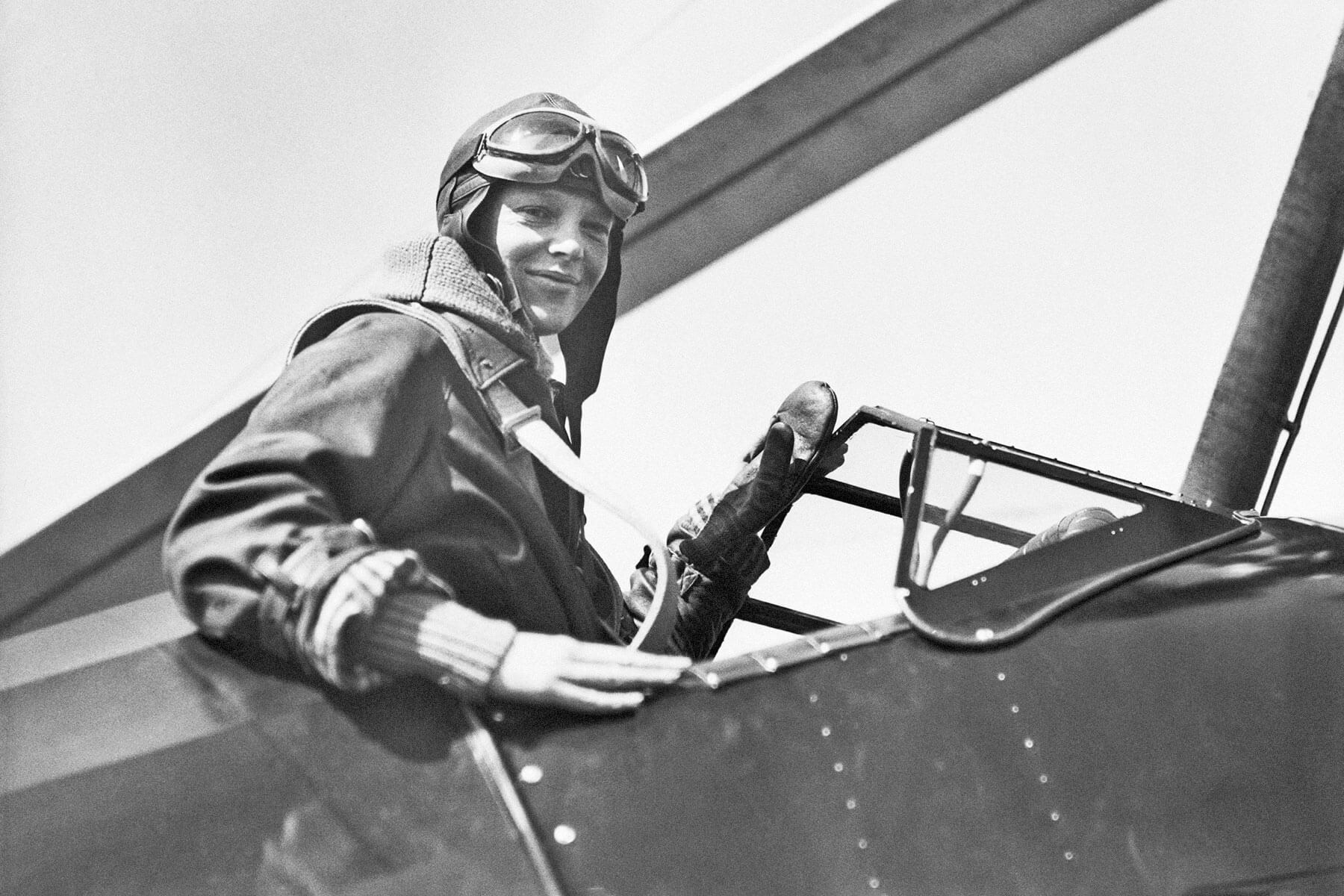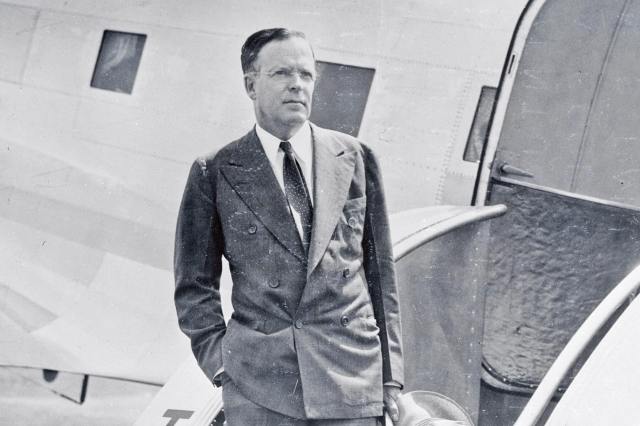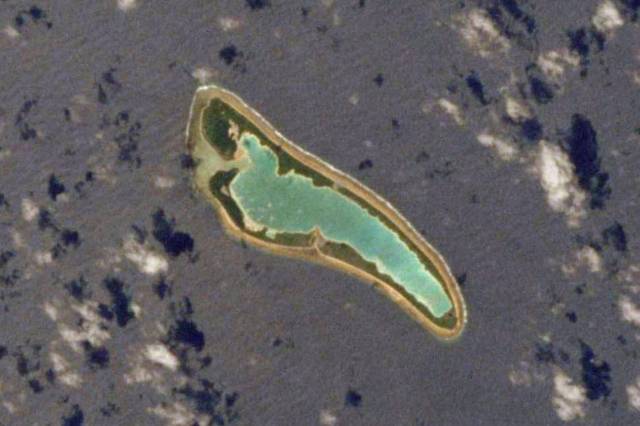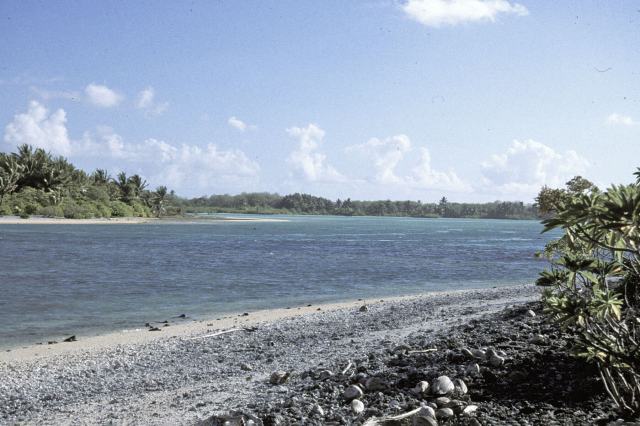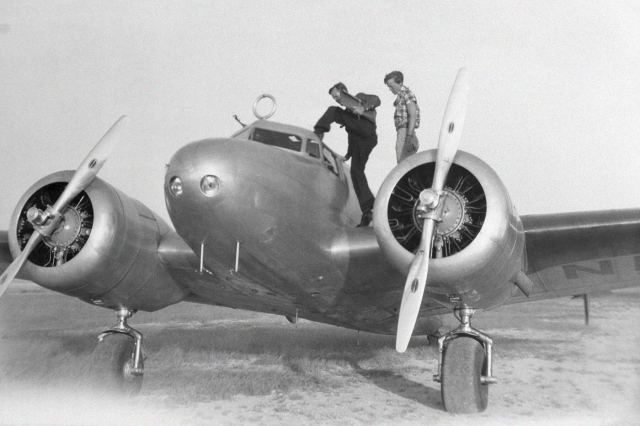The Ongoing Search for Amelia Earhart
In July 1937, Amelia Earhart and her navigator Fred Noonan took off from Lae Airfield in New Guinea with the intended destination of Howland Island, a small strip of land in the central Pacific Ocean. The 2,556-mile flight, which should have taken about 18 hours, was just one stage in Earhart’s planned circumnavigation of the globe. But Earhart and Noonan never arrived at their destination. The aviators lost contact with the U.S. Coast Guard cutter Itasca, which was anchored off the coast of Howland Island, and they disappeared. This marked the beginning of one of the greatest unsolved mysteries of the 20th century.
The search for Earhart and her missing plane has never ended, and public interest in the fate of the famous aviator remains strong. There are numerous theories — and conspiracy theories — as to what exactly happened to Earhart and Noonan, but a firm answer has yet to be given. Here are some of the key stages in the decades-long search for the pioneering aviator, from the initial sweep of the area to ongoing investigations using the latest technology.
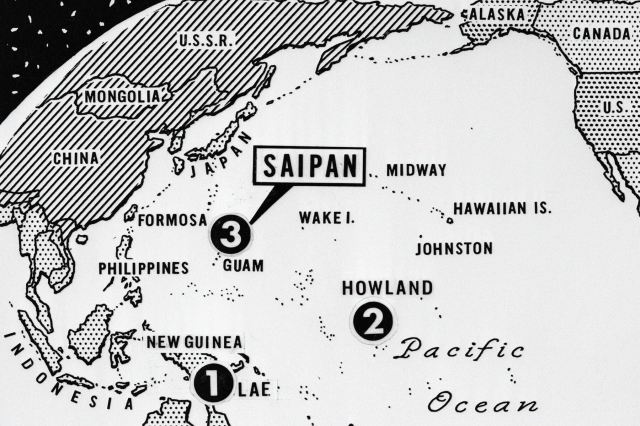
The Initial Search
The last message that the Coast Guard cutter Itasca received from Earhart was on July 2, 1937, saying she was low on gas. Contact was then lost, at which point the Itasca, which lay at anchor off Howland Island, set out to search for Earhart. Not long after, airplanes joined the search from Hawaii, and the Navy battleship Colorado, which carried three observation seaplanes, departed for Howland Island. On July 12, the aircraft carrier Lexington, carrying 63 aircraft, assumed control of the effort. In total, the official government search lasted 16 days at a cost of more than $4 million. The search covered an area of the Pacific roughly the size of Texas, but nothing was found. The general consensus was that Earhart crashed into the ocean and the plane sank, killing both her and Noonan. But the lack of evidence and Earhart’s celebrity status caused the search for a definitive answer to continue.





